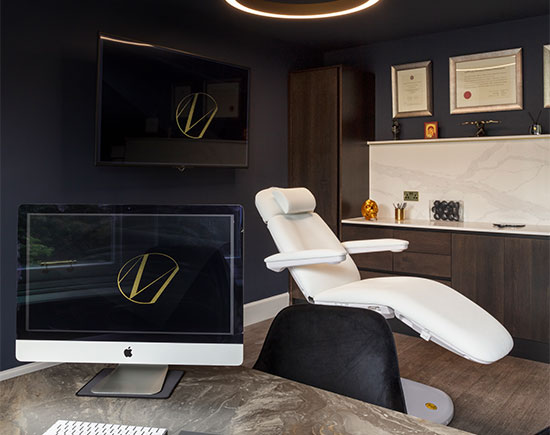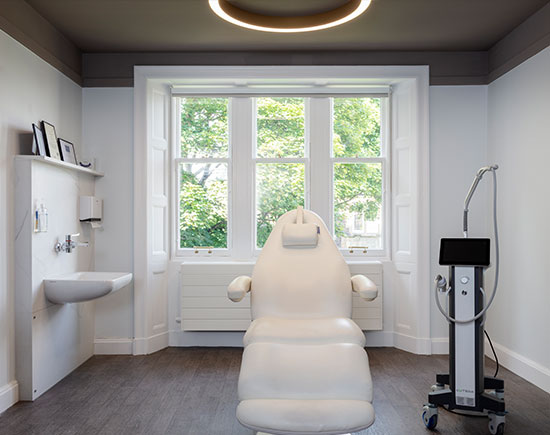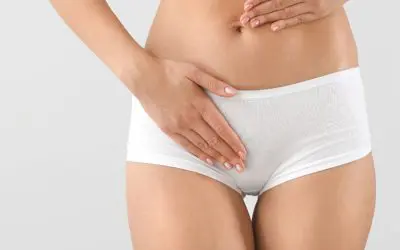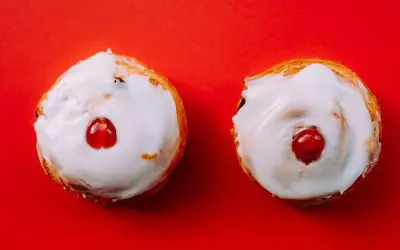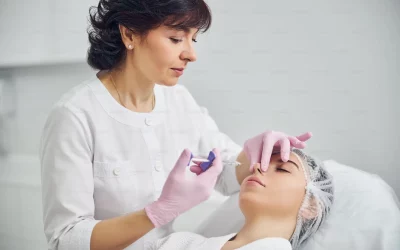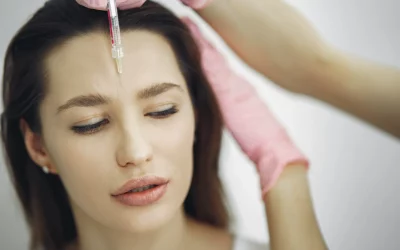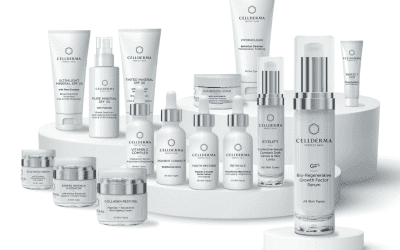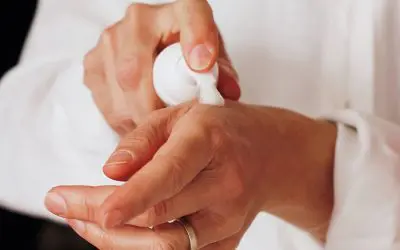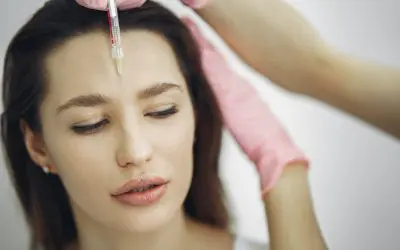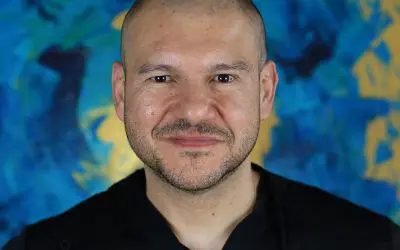Everything You Need to Know About Acne: Clearer Skin Starts Here
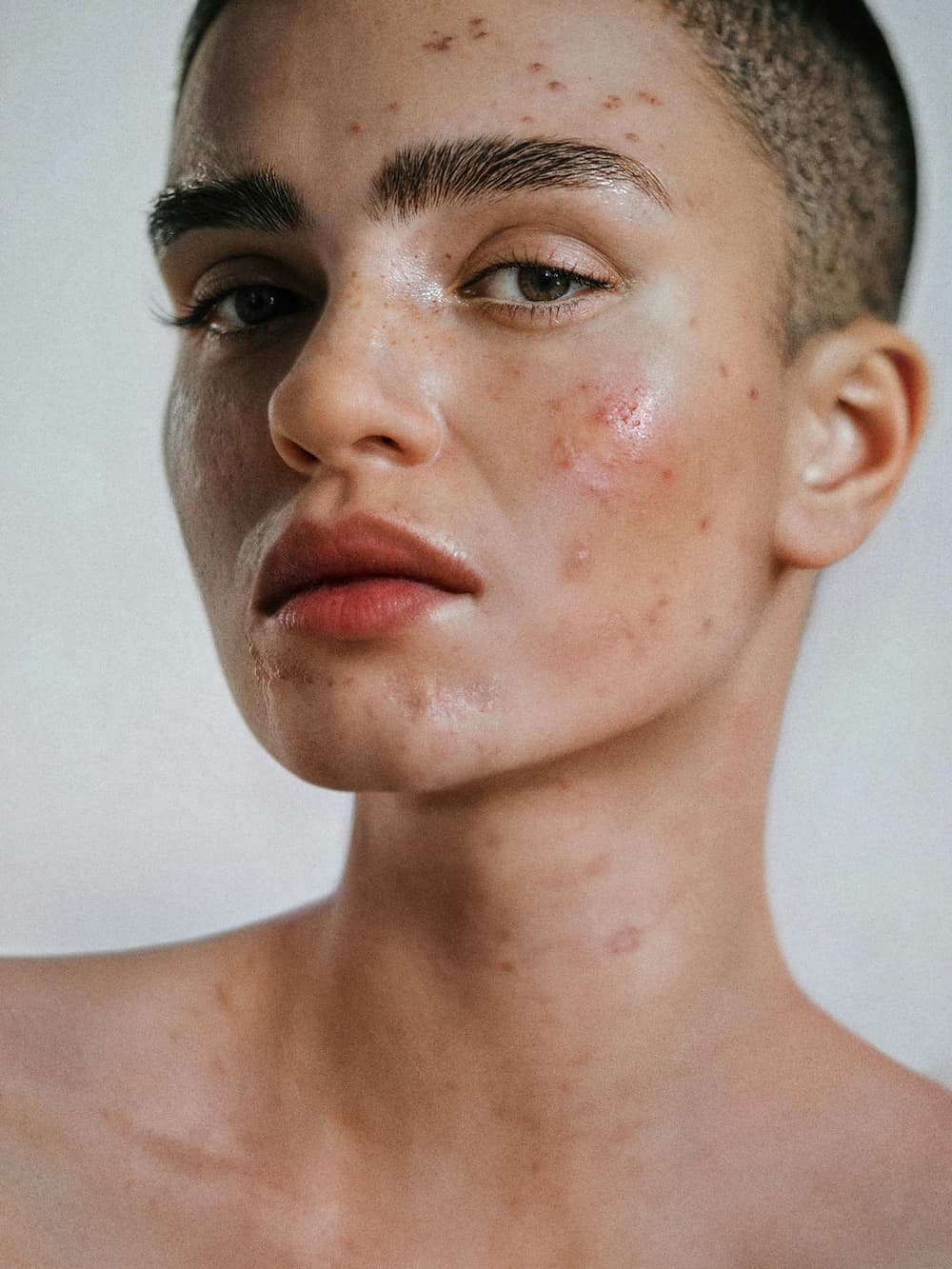
Acne affects millions of people around the world, from teens navigating puberty to adults managing breakouts well into their 30s and 40s. It can impact confidence, social life and daily routines. In fact, the Cutera Acne Survey 2024 found that 90% of people with acne say it affects their everyday life, and 9 out of 10 avoid social events because of it.
The Mayfield Clinic Edinburgh understand that acne isn’t just skin deep. That’s why our expert skin team takes a holistic approach to acne treatments designed around you.
A Personalised Approach to Acne Treatment
It all begins with a one-to-one consultation to understand the root causes of your breakouts. We treat acne by looking at the full picture: your lifestyle, skincare routine, diet and even family history. From there, we create a treatment plan tailored to your skin’s specific needs. This may include topical or oral prescription treatments, depending on your situation.
Targeted Acne Treatments That Work
At The Mayfield Clinic, we offer clinically proven, results-driven acne treatments, including:
- Dermalux Triwave LED Phototherapy. A non-invasive light therapy that helps reduce breakouts and balance oil production. In this before and after
- AviClear. The first FDA-approved laser for acne that treats acne at the root. It’s as effective as Roaccutane but without the nasty side effects. We’re currently the only provider offering this revolutionary treatment in Scotland.
Treating Acne Scarring and Redness
Once active breakouts are under control, we can create solutions for acne scars and post-acne redness.
excel V+ is a powerful advanced vascular laser that targets redness and pigmentation. Secret RF is a cutting-edge microneedling radiofrequency treatment that helps smooth and remodel acne-scarred skin.
Support for Every Stage of the Acne Journey
Whether it’s you, your teen, or someone close to you who’s struggling with acne, support is available. We’re here to guide you every step of the way, from first breakouts to long-term skin confidence.
Book a consultation or get in touch with a question. We’re here when you’re ready during June Acne Awareness Month and all year round.
Common Acne Questions: Dr Rona Shares Her Expertise.
Does the sun help get rid of acne – or make it worse?
It might feel like the sun is drying out your acne but this is usually just a temporary fix. In reality, sun exposure has the potential to worsen post inflammatory hyperpigmentation, trigger more breakouts due to sweat, as well as expose your skin to the damaging and ageing effects of UV rays.
How can I stop breakouts?
If there was one simple answer to this question, I’d be a very rich woman! Stopping breakouts is multifactorial and often complex. It depends on the individual, their skin and pattern of breakouts as well as hormonal, bacterial and lifestyle factors.
As a general rule, a good starting point is to stay hydrated, get plenty of sleep, manage stress, and eat a balanced diet rich in whole foods (minimal ultra-processed food and sugar). All of these can help support healthier skin.
In terms of skincare, it’s all about finding the right balance of cleansing (avoid oil-based cleansers), exfoliating and moisturising your skin – we can advise on the best products for your skin. Most acne-prone skin is oily so we focus on minimising this. There can also be a build-up of dead skin cells (known as hyperkeratinization), which can exacerbate breakouts so appropriate exfoliation using chemical and/or physical exfoliants as well as prescription skincare can aid with this but less is more, and it should all be tailored to you.
A discussion with your doctor or nurse can help look at the causes and pattern of your individual acne and whether topical prescription medication or oral meds (antibiotics, spironolactone, or isotretinoin) are necessary. You may even be a candidate for laser or device-based therapies to help with clearing breakouts and preventing future issues.
Is popping pimples a quick fix, or a recipe for scarring?
Broadly speaking, most people can tell me if they are a ‘picker’ or ‘squeezer’! While it can be tempting to pop a spot, please try to resist.
It may seem like a quick fix to pop your spot and get rid of the pus but, ultimately, it can lead to more inflammation, trauma and can even push bacteria deeper into the skin, making things worse or causing new breakouts nearby. It also increases the risk of scarring or pigmentation, which can be tricky to treat.
If you must do it (we’ve all been there), use clean hands, a tissue or cotton bud, and only the gentlest pressure. Never force it. And absolutely no digging at the skin!
What skincare products work best for acne-prone skin?
Acne-prone skin usually comes with excess oil (sebum), so avoid adding more with products like oil cleansers or ‘night oils. One of the key processes behind acne is hyperkeratinization, which blocks pores and leads to spots.
Gentle exfoliants containing AHAs or BHAs can help unclog pores, but it’s best to get guidance from a professional to avoid overdoing it. Prescription retinoids may also be beneficial.
Daily SPF is also a must. Look for oil-free, non-comedogenic SPF options. This protects against UVA/UVB damage and helps prevent hyperpigmentation of inflamed areas
Can your diet really affect your skin?
The link between diet and acne is extremely complex and varies a lot for each individual. That said, there’s some evidence suggesting that high GI foods (like white bread, sugary snacks, and fizzy drinks) can flare acne.
Generally, a whole food-based diet with plenty of fresh fruit and veg and minimal ultra-processed food is best. Omega-3 fatty acids (found in things like oily fish and flaxseeds) may also help reduce inflammation in the skin.
Some people find dairy can flare their acne, but this is highly individual. Avoid cutting out entire food groups without professional advice, you still need all your key nutrients.
How can I help my teenager with problem skin?
First and foremost, try to encourage them not to follow everything they see online.
Avoid harsh or abrasive skincare ingredients. Do not use sunbeds or expose the skin to the sun in an attempt to ‘dry it up’.
Instead, see a trained professional (hi!) to discuss the best skincare and prescription or other treatments to combat their issues. Whether it’s the right cleanser or prescription treatment, it’s better to start smart than to guess.
To book a skin consultation, please call our award-winning aesthetic clinic in Edinburgh on 0131 467 1450. You can also email us hello@themayfieldclinic.co.uk for more information on acne treatments or to book a consultation.
The Mayfield Clinic by Dr Nestor is located at 169 Mayfield Road in Newington, Edinburgh, EH9 3AZ.
